A James Beard Award is often the culmination of an entire career for chefs and bakers and restaurateurs.
Not so for Marissa and Mark Gencarelli, founders of Yoli Tortileria.
“We didn’t really come from the food world,” Marissa said. “I didn’t really know much about the Beard Foundation until last year.”
That’s when Yoli, which the Gencarellis started in 2017, was nominated as a semifinalist in the Outstanding Baker category — the first tortilla bakery ever nominated for the award. They didn’t win, but this year the tortilleria was once again nominated, and is now a finalist in the bakery category. It is one of two Kansas City area establishments to be named a James Beard finalist; the winners will be announced June 5.
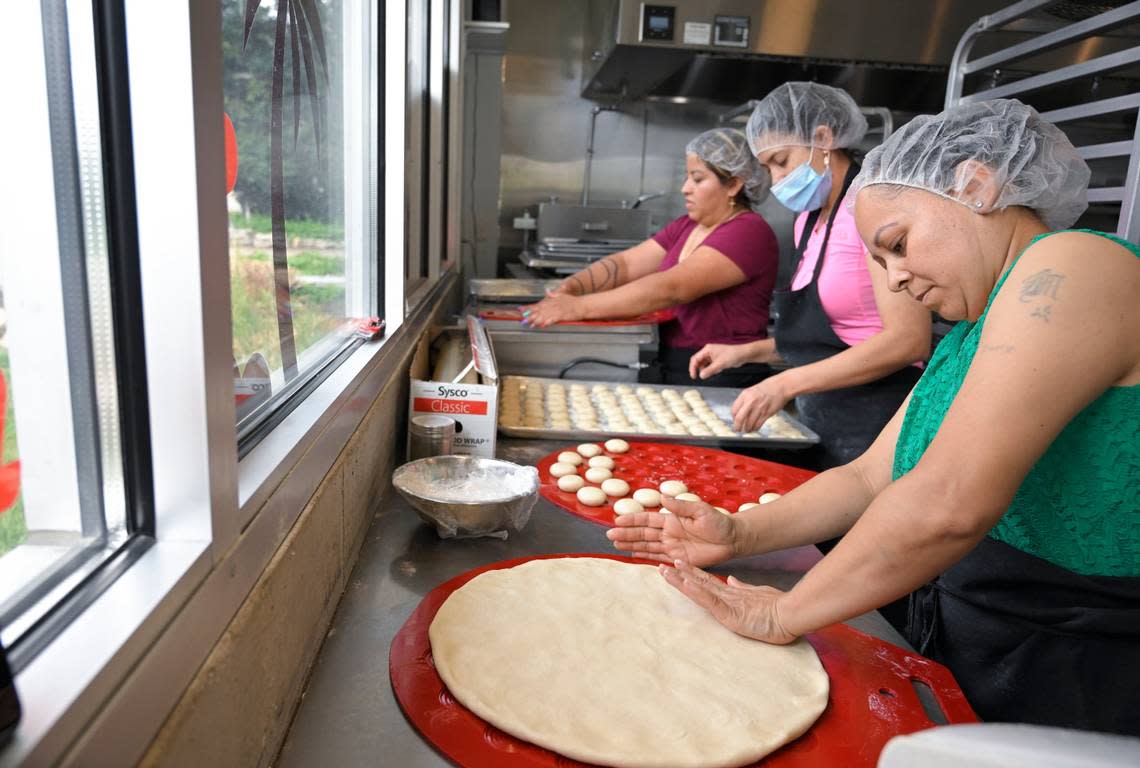
The Gencarellis’ operation has grown over the past six years from a hobby to a side hustle to a thriving business that employs 15 full-time workers, has two locations, and ships its corn and flour tortillas to more than 100 restaurants and grocery stores in the metro.
The Beard nominations aren’t Yoli’s only taste of recognition beyond KC, either. Texas Monthly taco critic José R. Ralat has called their corn tortillas “among the best in the nation,” and the Gencarellis are in the process of getting Taco Stand, a taquero sauce they created, distributed in grocery stores across the country.
One of the country’s most prestigious cocktail bars is in … downtown Shawnee, Kansas?
What became Yoli started as a way for the Gencarellis to disconnect from their corporate jobs. Marissa was raised in Obregón, Sonora, and her aunt, who still lives in that Mexican state, had given her a binder filled with Sonoran-style recipes.
“We would try to re-create that food, those recipes,” Gencarelli said. “But often the taste wasn’t quite there, or the tortillas would break, and it was like, ‘I don’t remember having these problems before (in Mexico).’ And that was the catalyst for us to venture into doing our own thing.”
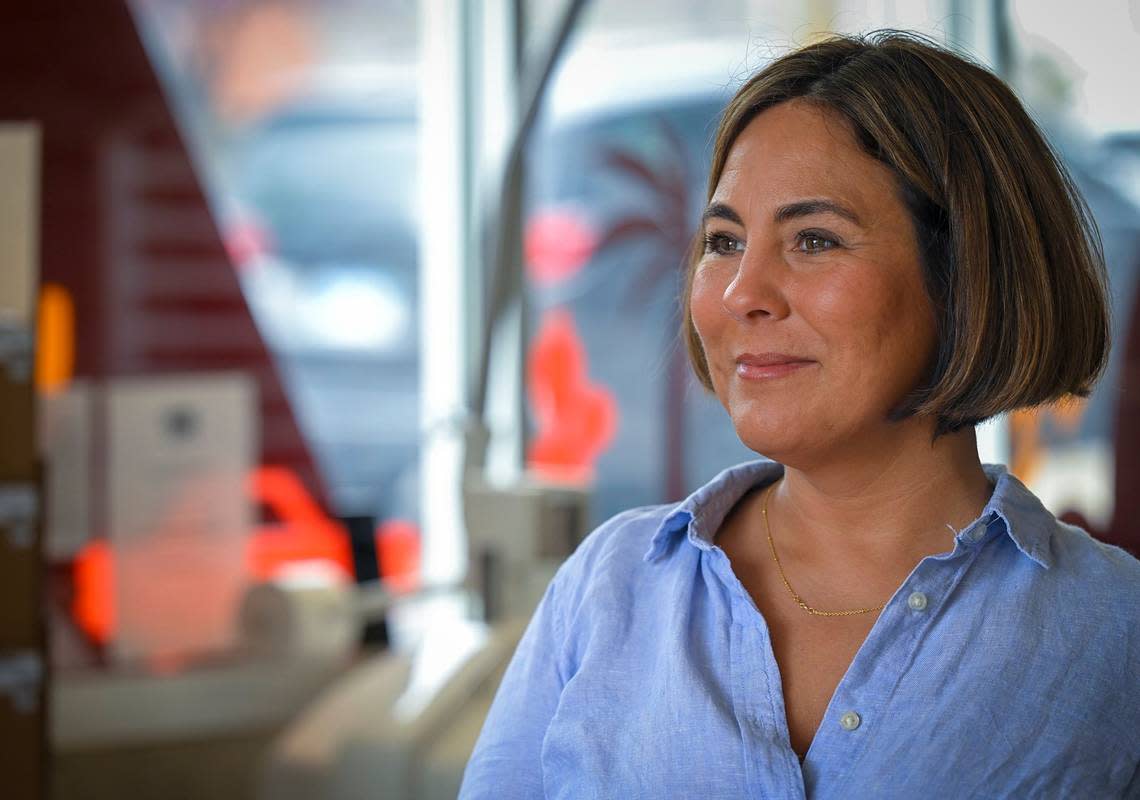
The kind of tortillas Marissa had grown up with were hard to find in Kansas City. So they set out to find a mill — “In order to get good corn tortillas, you need a really good mill” — and found one in Los Angeles. They rented some space in the East Bottoms and began cranking out tortillas using the traditional nixtamalization process, where you cook the corn — blue, white, yellow — with lime, let it steep, then stone grind it into fresh maize dough, then make the tortillas.
Their artisan approach caught the attention of Patrick Ryan, then the chef-owner of the popular Mexican restaurant Port Fonda, who asked if they could send him tortillas seven days a week. Soon, several other local restaurants had lined up with similar requests for KCMEX, as their operation was originally called. (They changed the name to Yoli, which means “to live” in the Aztec language Nahuatl, in 2018).
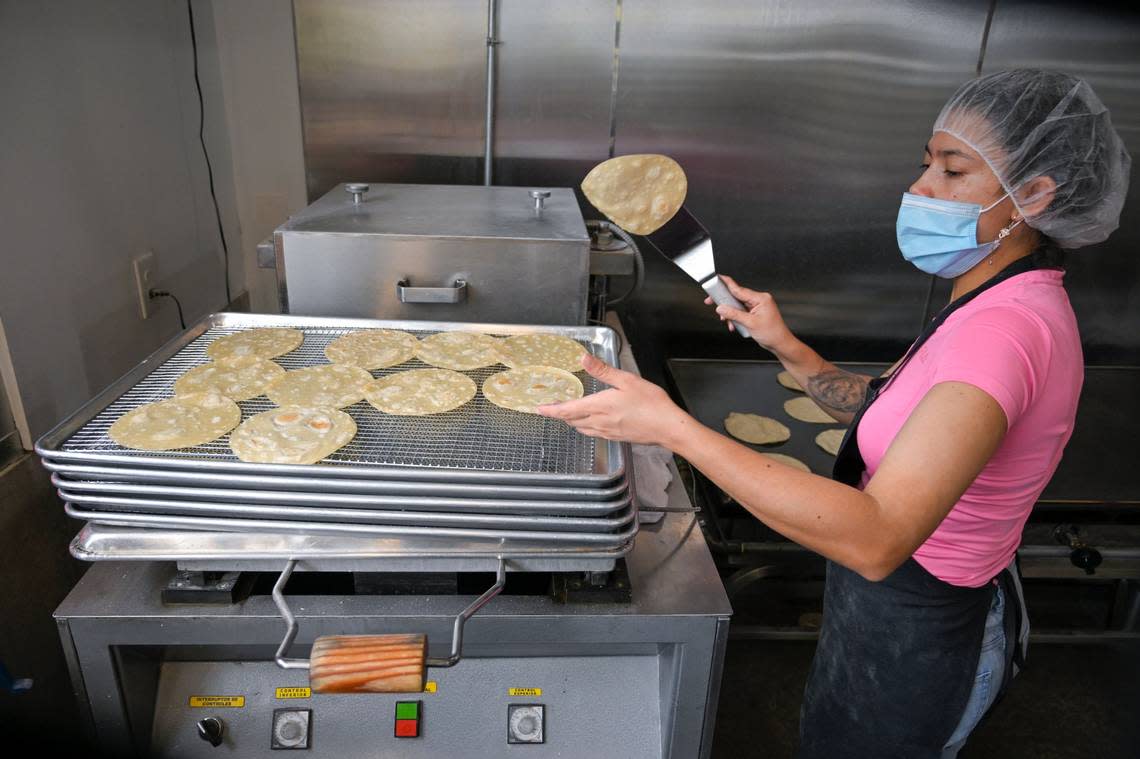
Mark quit his job at Timberland Forest Products to focus on their growing enterprise. But Marissa didn’t. Her 16-year stint at Cerner didn’t come to a close until last year. In fact, she credits some of Yoli’s success to lessons she learned while working in strategy and innovation at Cerner, which she described as “some of the best years of my life.”
“A lot of my job was to support and create living labs, where you bring your clients through these environments where they encounter our current and future technologies, and you figure out what to build and optimize based on that,” Gencarelli said. “I was exposed to constant disruptive innovation at Cerner.”
The Gencarellis opened their first storefront in 2020 — a 400-square-foot space at 1668 Jefferson St. on the West Side, where they make flour tortillas and sell a small selection of products, and they have used the location as a kind of living lab. (They moved their corn tortilla operations last year from the East Bottoms to a manufacturing facility at 31st and Bell streets that processes approximately 15,000 pounds of corn per week.)
“We put out experimental products like a salsa, or chips, and see what’s successful — what the numbers are, how fast they sell, what’s the feedback — and fine-tune it until it’s a scalable model,” Gencarelli said. “The Taco Stand sauce is an example of that. We tweaked and tweaked and tweaked it based off what we learned from customers. And soon it will be a national product, starting with Kansas City grocery stores.”
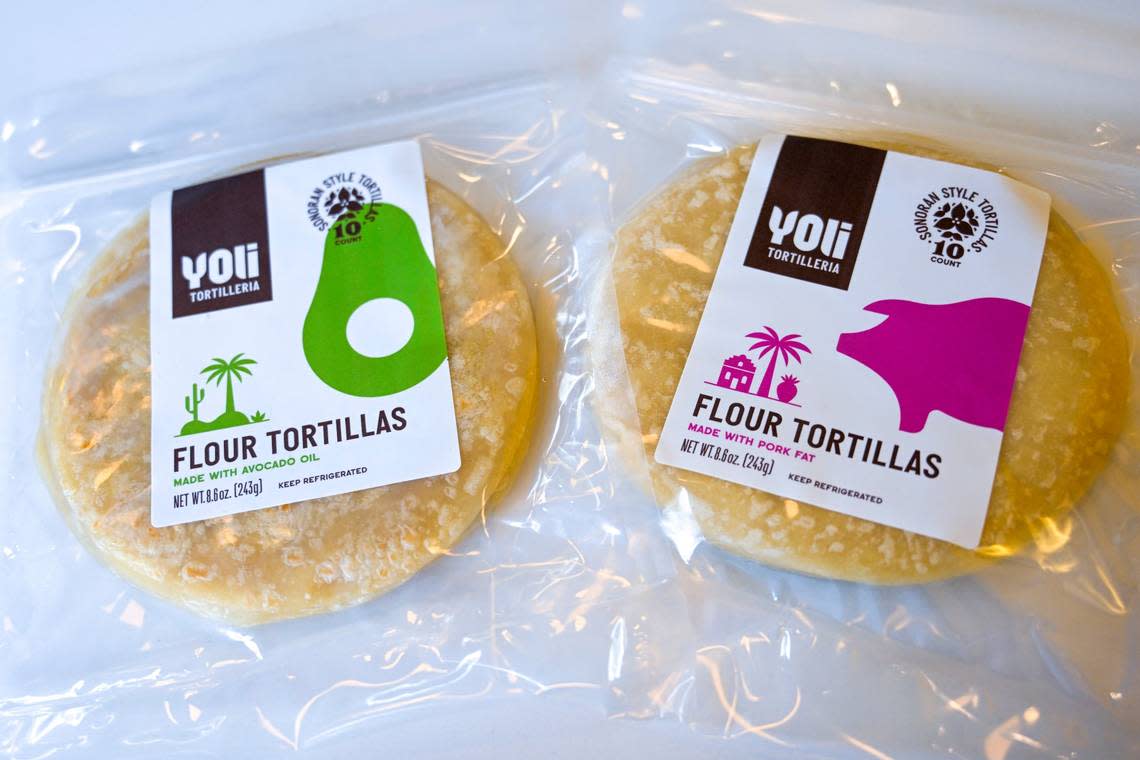
Like Gencarelli, Fernanda Reyes, the chef-owner behind Taco Naco KC, is also from northern Mexico. Reyes uses Yoli tortillas at her Overland Park restaurant (which will soon open a second location in the former Port Fonda space in Westport) and describes Gencarelli as “a literal octopus, a genius.”
“She is the creator and mastermind behind each of the Yoli tortilla recipes, from corn, flour, whole-grain tortillas, sauces of different flavors, fresh waters, tortilla chips, tamales, pozole, coricos, corn flour cookies,” Reyes said. “Every time I see her, I ask her the same question: ‘Güey, como lo haces?!’ (‘Dude, how do you do it?!).”
The West Side space is also a throwback to Gencarelli’s Sonoran roots. Having already mastered her corn-tortilla method, she wanted to make the kind of flour tortillas she remembered from growing up in Mexico. And she wanted them to be available in a small tortilla shop like they have in Mexico.
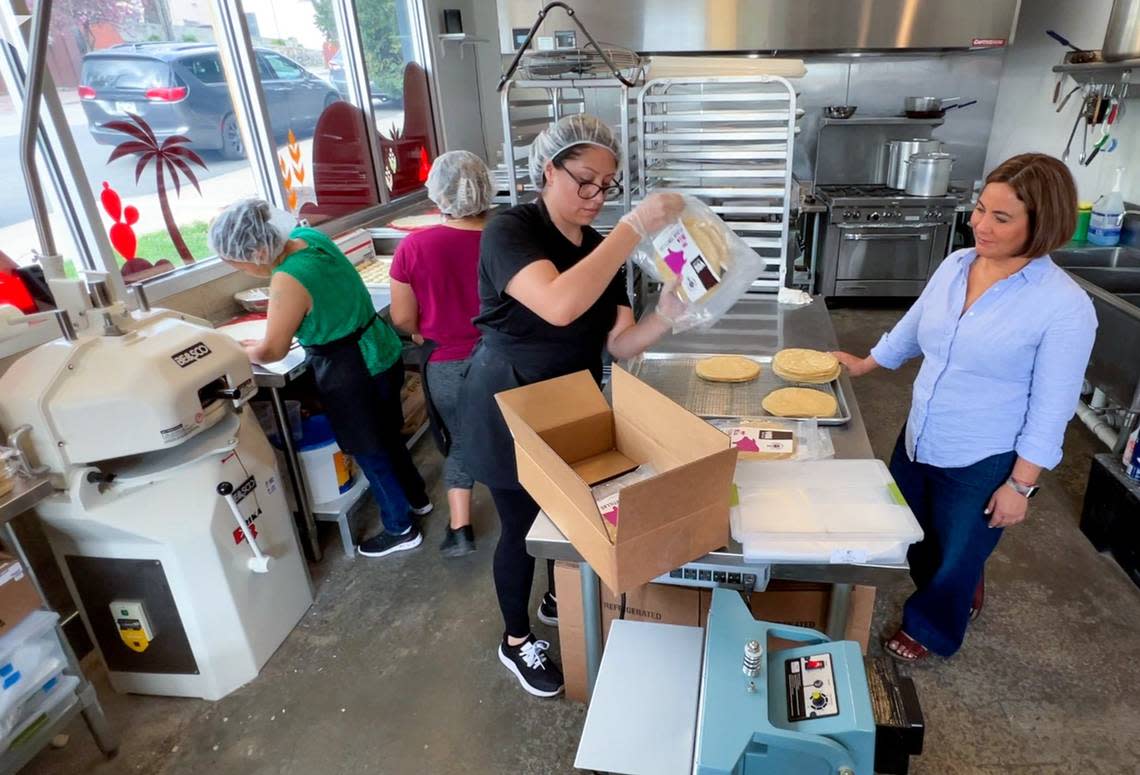
“Most people in Mexico, they don’t make their own tortillas,” she said. “They go to the local tortilleria on the corner, and in Sonora they go to get flour tortillas.”
Yoli’s version contains only four ingredients: flour, fat, sea salt and water. No yeast, no baking powder. The traditional Sonoran style is thin, but if you pull it apart, it stretches quite a bit — Sonora is a cattle-rich state, and the tortillas are designed to hold healthy amounts of meat.
And the lard in Yoli’s flour tortillas is sourced from local farms, sustainable farming being a big priority for Gencarelli. Last week, for example, she had just returned from a trip to Washington, D.C., where she was part of a group of chefs and food entrepreneurs who spoke to members of Congress about the importance of cover crops and other green farming practices.
“Most people, when they think of Mexican food, they think of importing everything,” Gencarelli said. “I just at my core of my soul don’t think that’s the right approach to food. I think you should try as hard as you can to source what’s around you. So for me, it’s like, ‘I love this recipe from Mexico, but I’m here in the Midwest, so what do I have around me? What can I work with?”
Originally published
